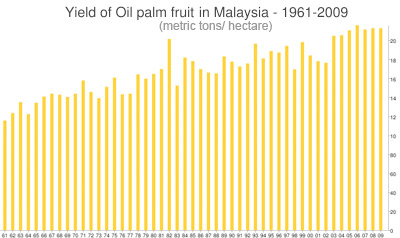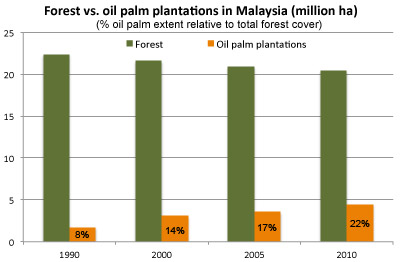A controversial bill that would have required manufacturers to explicitly label palm oil as an ingredient on food products will not be passed into law.
In a decision Thursday, the Australian Senate’s Community Affairs Legislative Committee ruled that the bill, as currently written, would require “circumventing the current regulatory environment”.
“The report found that while there was merit in the objectives of the Bill, it was not drafted to achieve these objectives without circumventing the current regulatory environment,” stated the Community Affairs Legislative Committee. “The report found that concerns could be more adequately dealt with through the Council of Australian Governments (COAG) and Australia and New Zealand Food Regulation Ministerial Council Review of Food Labelling Law and Policy Review (the Review) that was undertaken in 2009 and 2010.”
“However, the panel suggests that food labeling for ‘generalized values issues’, such as environmental or ethical concerns, is best left as a market response mechanism regulated by consumer protection laws.”
 Palm oil yields in Malaysia have been gradually improving over time…  … but forest cover continues to decline. |
Senator Nick Xenophon of South Australia had pushed the bill as a means to make consumers aware of whether the products they use contain palm oil, which environmental campaigners have linked to deforestation in Indonesia and Malaysia. The bill would have allowed manufacturers to note whether they use certified sustainable palm oil, which supporters say would have encouraged demand for palm oil sourced from “greener” plantations.
The bill was strongly opposed by the Malaysian palm oil industry, which sent several experts to testify on the virtues of palm oil. The industry feared that listing palm oil as an ingredient could result in discrimination against palm oil-containing products in the marketplace.
The current food labeling laws allow palm oil to be listed as “vegetable oil” on packaging even though it is produced from a fruit.
Palm oil is used widely in processed foods. By virtue of its high yield, palm oil is a cheaper substitute than many vegetable oils.